News for Researchers
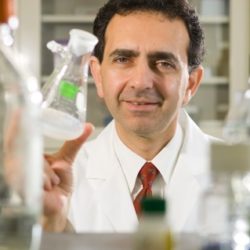
Scientists Sharpen Their Molecular Scissors And Expand The Gene Editing Toolbox (Eureka Alert)
(WINSTON-SALEM, NC) Scientists at Wake Forest Institute for Regenerative Medicine (WFIRM) have improved the delivery system for a DNA editing tool with a rapid “hit and run” approach.
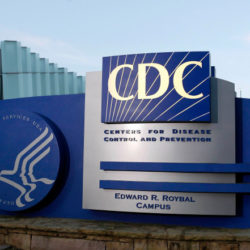
Infections After Receipt of Bacterially Contaminated Umbilical Cord Blood–Derived Stem Cell Products for Other Than Hematopoietic or Immunologic Reconstitution (CDC)
(Washington, DC) The CDC analyzes 12 cases of bacterially contaminated umbilical cord stem cells and examines unopened vials, all from the same manufacturer.
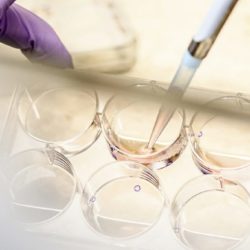
New Gene Editing Tool Drives Stem Cell Services And Discovery
(Madison, WI) Stem cell scientists at UW-Madison are utilizing a new gene editing technology to increase the demand for regenerative medicine discovery and services.
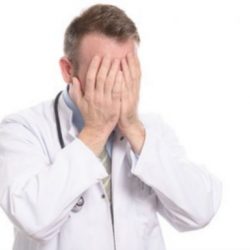
Harvard Calls for Retraction of Dozens of Studies by Stem Cell Researcher (BioEdge)
(Cambridge, MA) A former Harvard Medical School professor and world renowned cardiac researcher has been accused of falsifying data in 31 of his peer-reviewed published studies.
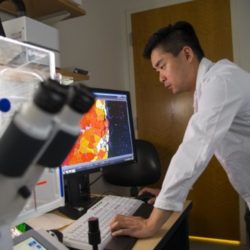
This Matrix Delivers Healing Stem Cells To Injured Elderly Muscles (Science Daily)
(Atlanta, GA) A new hydrogel delivery system shows promise in delivering stem cells to regenerate injured elderly muscles, and may help in the treatment of muscular dystrophy.
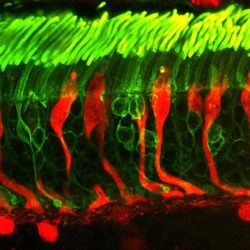
UCI Researcher Receives CIRM Funding For Stem Cell-Based Retina Therapy To Treat Blindness (Eureka Alert)
(Irvine, CA) A researcher at the University of California Irvine receives funding for development of a stem cell retinal therapy to treat blindness.

Jack Nicklaus’ Secret Stem Cell Therapy: ‘I Didn’t Keep It Private; No One Asked Me About It’ (CNN)
(Jupiter, FL) After 10 million swings of his golf club, Jack Nicklaus underwent a treatment using stem cells from fat to alleviate his chronic and severe back pain. The golf legend predicts that stem cells will completely revolutionize orthopedic treatments.
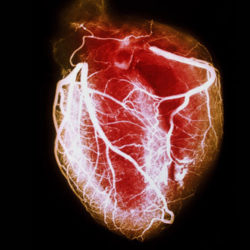
Stem Cell Therapy for CVDs: Advances Persist, Challenges Remain (Cardiology Today)
(Houston, TX) A close look at stem cell therapy for cardiovascular diseases. While there are many advancements, some challenges still remain.
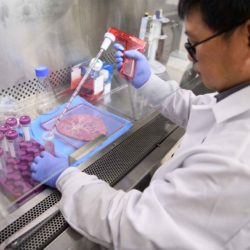
No, Really, Save That Placenta (Bloomberg)
(New York, NY) A focus on treating life-threatening immune disorders such as Crohn’s disease and multiple sclerosis with stem cells harvested from the human placenta.
